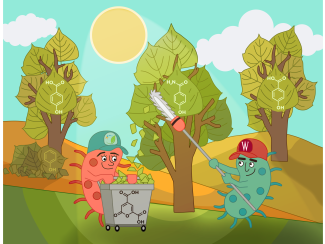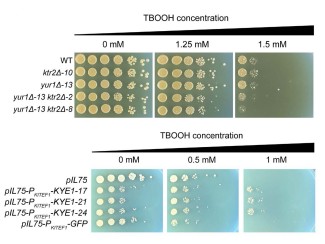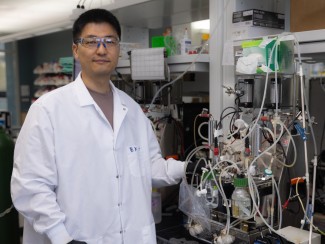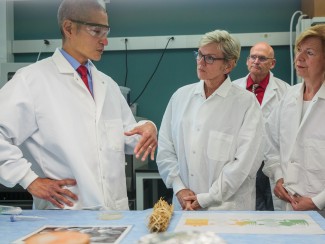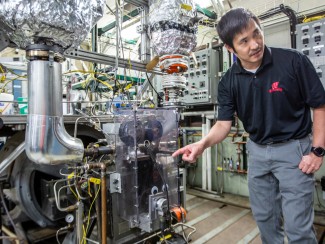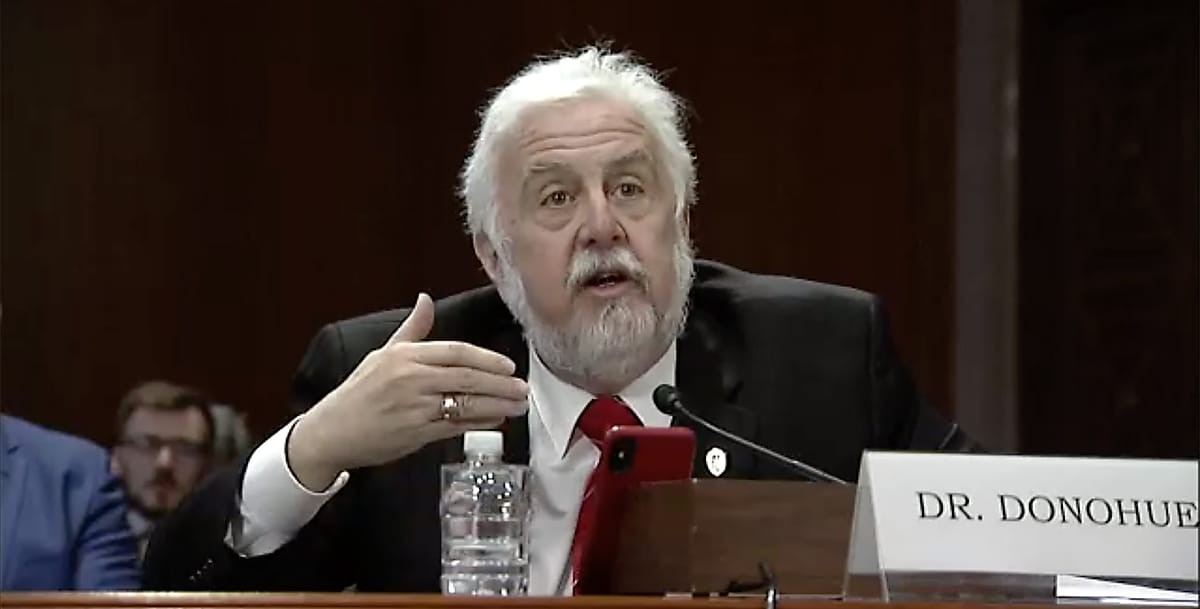
Tim Donohue, UW Foundation Fetzer-Bascom Professor of Bacteriology at the University of Wisconsin–Madison and interim director of the Wisconsin Energy Institute (WEI), testified in Washington, D.C., on Tuesday, March 3, before the U.S. Senate Subcommittee on Science, Oceans, Fisheries, and Weather. He spoke at a hearing titled “Securing U.S. Leadership in the Bioeconomy,” convened by Sen. Cory Gardner (R-Colo.).
A bioeconomy refers to the sustainable and economical production of chemicals, fuels, and other products from renewable biological sources. After being introduced by Sen. Tammy Baldwin (D-Wis.), Donohue spoke about the potential of the U.S. bioeconomy to reinvigorate existing industries and create new ones, while allowing all parts of the country to reap the economic, social, and environmental benefits of bio-based manufacturing.
“The country, its citizens, and society will benefit from bold, interagency investments in securing U.S. leadership in the bioeconomy,” Donohue said.
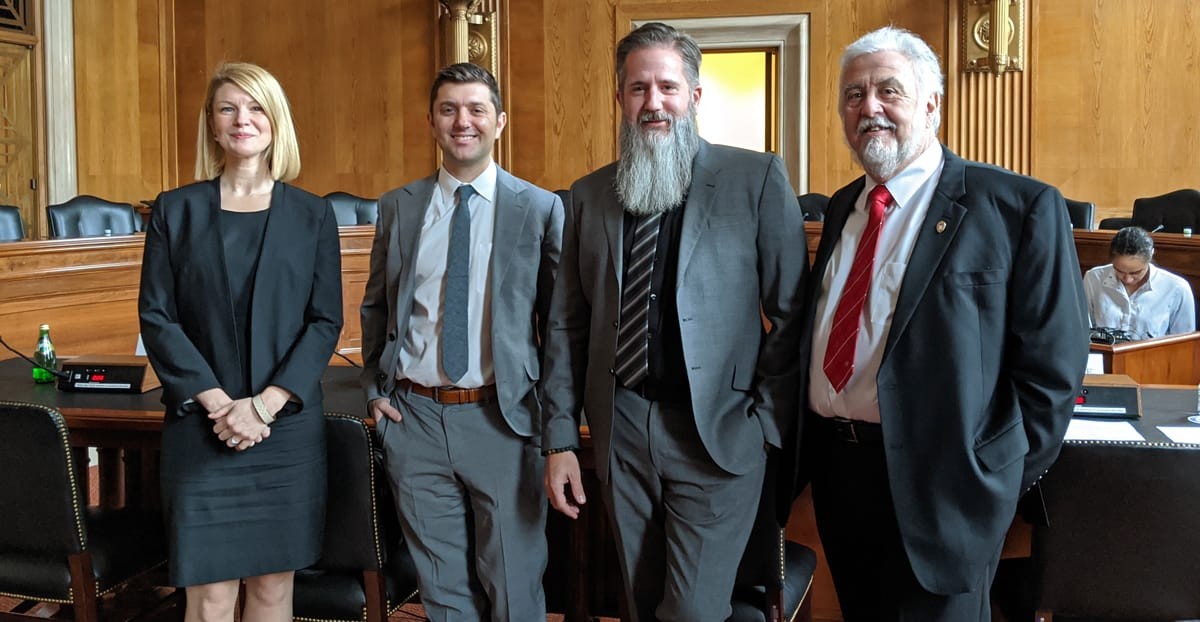
Donohue described how federal investments in basic science have set the stage for bio-based approaches to solve many of society’s challenges, including those in human health, agriculture, and manufacturing. As an example, he cited how the U.S. Department of Energy’s Great Lakes Bioenergy Research Center (GLBRC), which he directs at UW–Madison, is charting a roadmap for how to build an economically and environmentally sustainable biorefinery.
"The country, its citizens, and society will benefit from bold, interagency federal investments in securing U.S. leadership in the bioeconomy."
Tim Donohue
One current challenge is building a skilled workforce to support the growing bioeconomy, he said. Academic research programs are an ideal nucleus for both innovative, high-impact discoveries and the human capital to implement those discoveries. “As a member of a university community, I predict that tomorrow’s workforce is ready to be part of a bold initiative to secure our competitiveness and global leadership in this field,” Donohue said.
Broad interest in the bioeconomy has been spurred by a recent report from the National Academies of Sciences, Engineering, and Medicine, titled Safeguarding the Bioeconomy.
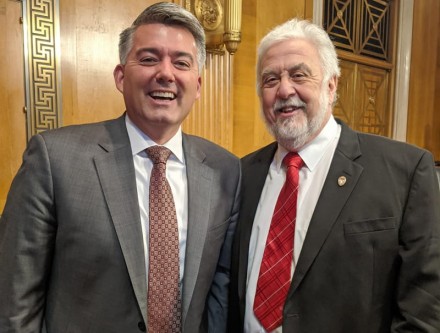
“I’m excited about the prospects of new technologies and innovations that can help strengthen America’s manufacturing and foster long-term economic resiliency in our manufacturing communities by developing the next generation of ‘Made in America’ products,” Baldwin said.
Donohue is an international expert on the bio-based conversion of renewable resources into fuels, chemicals, and other products. He was joined on the panel by Jason Gammack, chief commercial officer of Inscripta Inc.; Jason Kelly, co-founder and chief executive officer of Ginkgo Bioworks; and Megan Palmer, senior research scholar in the Center for International Security and Cooperation at Stanford University.
Read the speakers’ remarks and watch the webcast of the full hearing.

